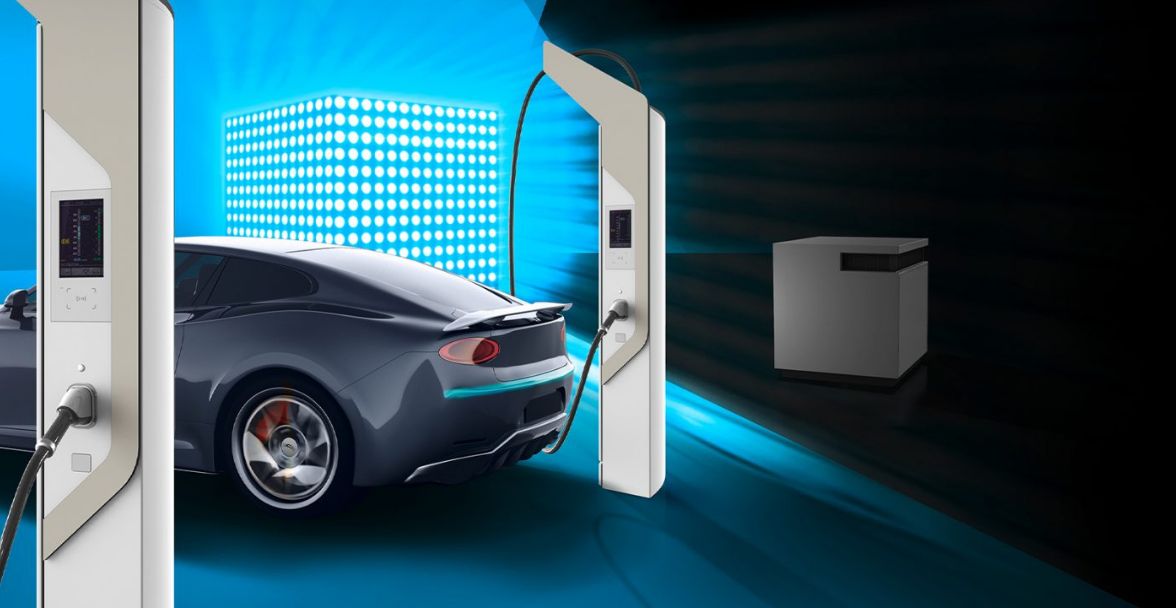
The end of car washing as we know it?
A new study has identified three possible realities that will shape the mobility of the future in 2030. If these actually come to pass, it would result in fundamental changes for the car wash industry. Because car washing as we know it today would then no longer take place.
Currently, mobility for individual transport is possible within the scope of one’s own responsibility. Anyone who can maintain a vehicle can drive it or use public transport. This is offered to the greatest possible extent throughout many European countries, even at times when there is no demand.
The bottom line is that individual vehicles are only driven a few hours a day and are on call the rest of the time. Frequent drivers are an exception here. Public transportation is supply-driven, but not demand-driven. This leads to limitations in economic efficiency, especially in rural areas.

If the mobility of the future is based on new premises, the result will be a fundamentally different type of transport. The research and consulting company BearingPoint has dedicated a survey to the mobility of the future in order to offer companies and decision-makers the opportunity to prepare and adapt structures and business models already now.
Scenario 1: Every journey becomes a personal experience
Away from timetables and predefined routes. Travel of the future will be based on the needs of the customer. This applies, for example, to the type of transport, the time of the trip and the route.
In combination with self-driving solutions, travel time becomes productive time that can be used for additional purposes.
Scenario 2: Climate neutrality will no longer be negotiable
The research company assumes that by 2030, 80,5 % of all engines produced will be environmentally friendly. Decisions about trips will be made based on environmental impact and the extent of reuse and recycling.
This will link mobility with other purposes, such as adding value. The gap between capacity and use will be narrowed.
Scenario 3: Users will use services rather than own vehicles
Mobility will become an on-demand service in 2030. This will end the era of underutilized vehicles. The fee for such services will be in proportion to the additional benefit of the service, so that mobility will fade into the background.
Currently important aspects, such as car brands and metrics of physical vehicles will be less important than offered services and software. There will be comprehensive software platforms that completely orchestrate a journey and consumers will invest less in cars.
What happens to the car wash in 2030?
If cars become less important, but people still want to be mobile, the themes of the car wash industry will remain: Cleanliness, vehicle care, road safety are all here to stay, even in the software-based mobility of the future.
But should BearingPoint’s three core realities come to pass, the carwash industry will encounter a completely new customer model. The end customer will expect a clean and well-maintained vehicle, but will no longer take care of the cleaning and maintenance themselves. It is therefore forward-looking to think further about the ideas of the mobility turnaround and to consider what a business case for vehicle washing might look like under these conditions.
Also read:



